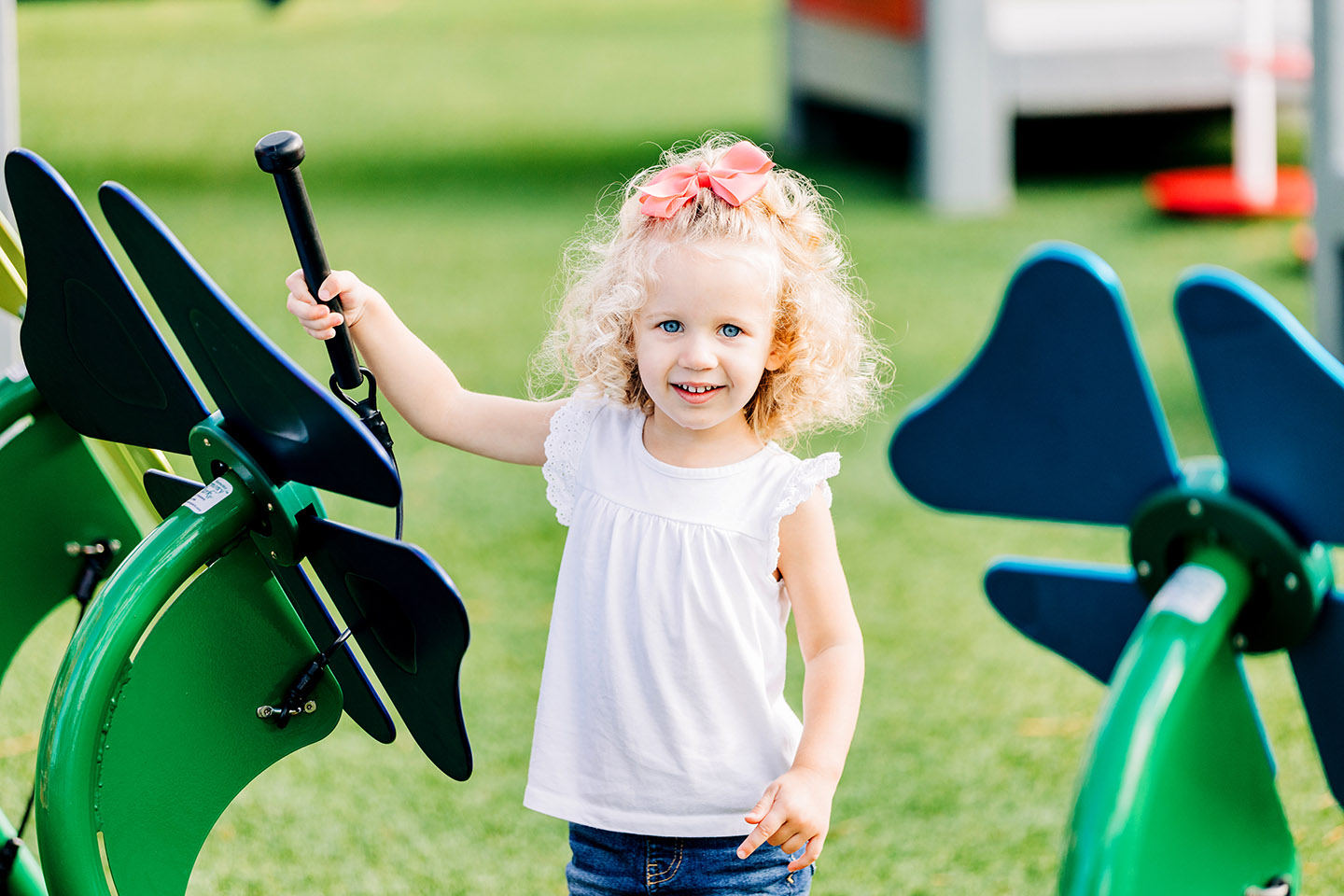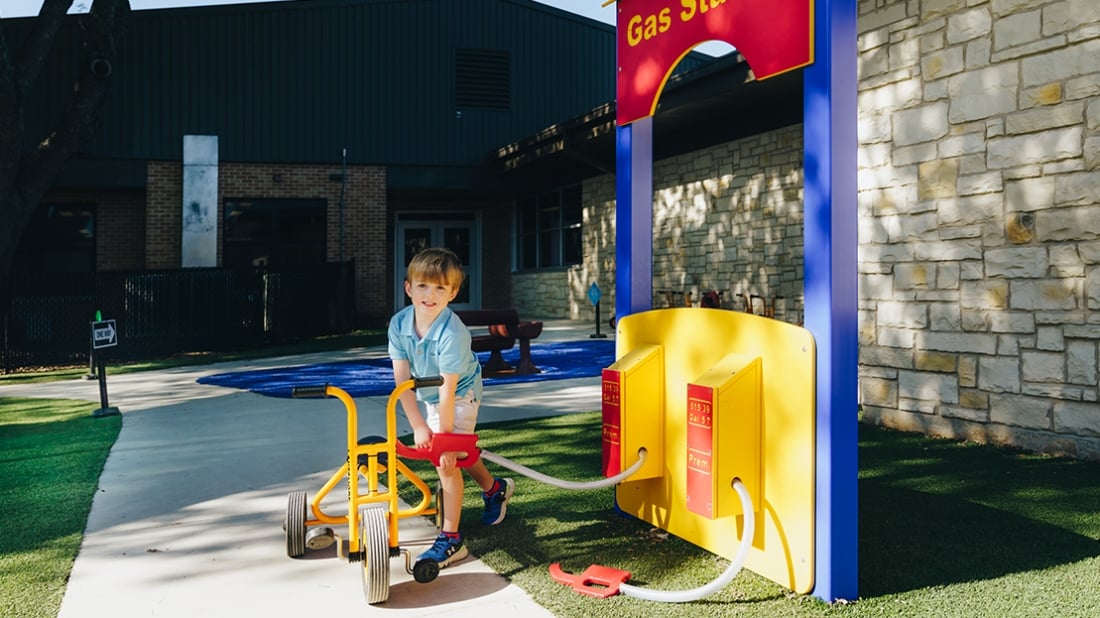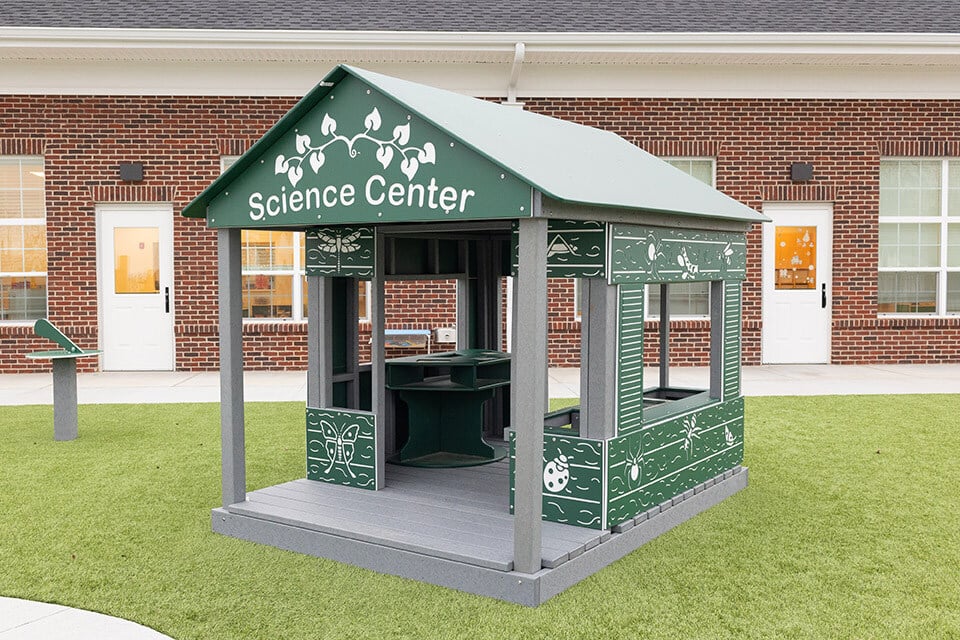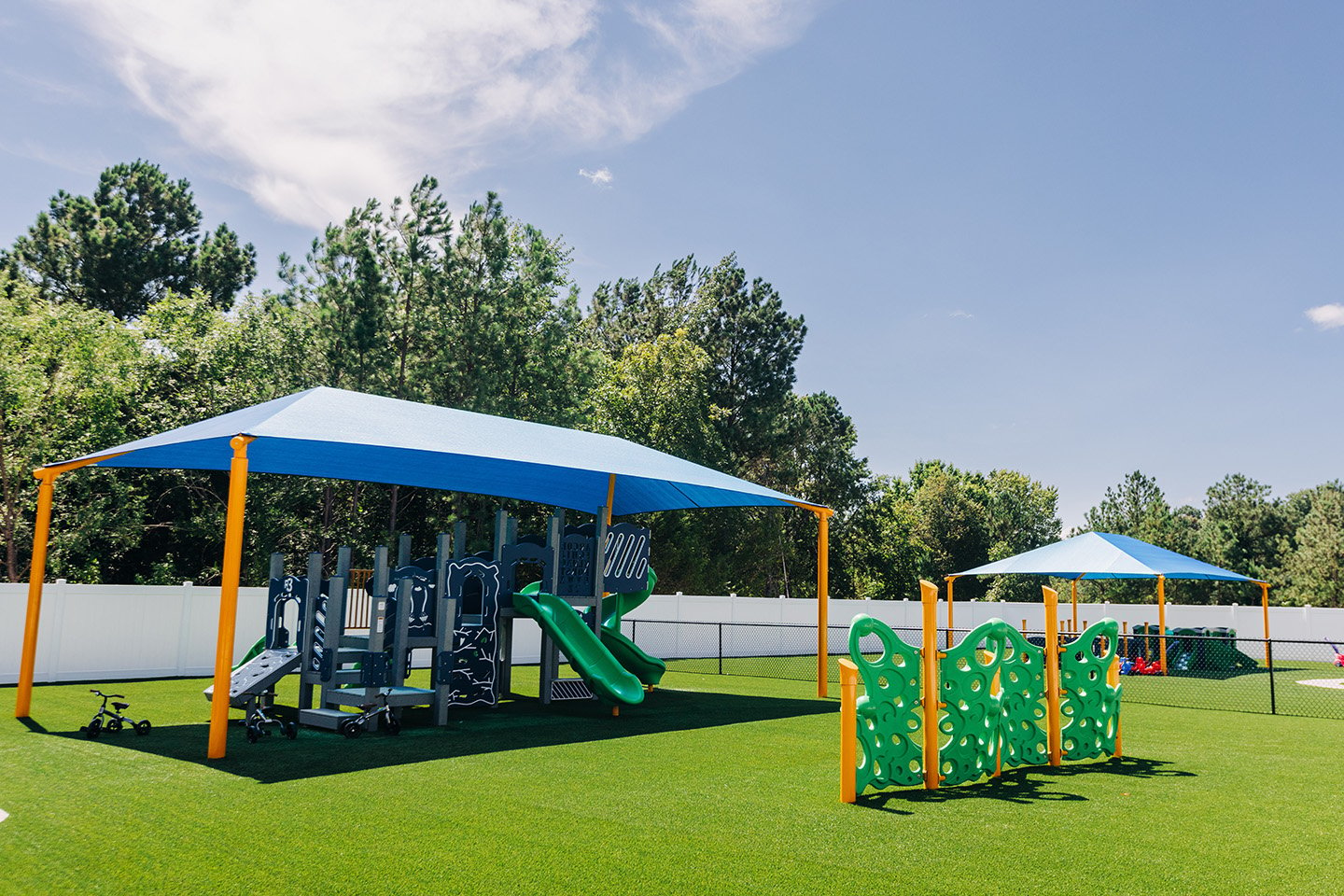Unlocking the boundless potential of young minds and bodies through thoughtfully designed playgrounds.
The Importance of Outdoor Play in Early Childhood Education
Outdoor play is a critical component of early childhood education, offering a myriad of benefits that extend beyond simple recreation. It provides young learners with opportunities to explore their environment, engage in physical activity, and develop essential social skills. Playgrounds designed with early childhood development in mind are not just spaces for fun; they are vital arenas for learning and growth.
In a world increasingly dominated by digital screens, the importance of outdoor play cannot be overstated. It helps in nurturing a child's creativity, enhancing their problem-solving skills, and fostering a sense of independence. These playgrounds serve as a bridge between structured classroom learning and unstructured play, promoting a holistic approach to education.
Designing Playgrounds for Cognitive Development
Cognitive development in early childhood is significantly enhanced through thoughtfully designed playgrounds. These spaces encourage children to engage in activities that stimulate their minds. Features like water tables, weather stations, and interactive panels help to develop critical thinking and problem-solving skills. Bright colors, varied textures, and engaging shapes can also stimulate sensory experiences and foster creativity.
Incorporating educational elements into playground design can turn playtime into an opportunity for learning. For example, integrating numbers, letters, and shapes into playground equipment (like on panels) can reinforce classroom lessons in a playful context, making learning both fun and effective.

Physical Benefits: Encouraging Active Play
Active play is essential for the physical development of young children. Playgrounds designed for early learners should include equipment that promotes physical activity, such as climbing structures, slides, and swings. These activities help to build muscle strength, coordination, and balance.
In addition to supporting physical health, active play also contributes to overall well-being. It helps to combat childhood obesity, improve cardiovascular health, and encourage a lifelong habit of physical fitness. By providing safe and engaging outdoor spaces, we can help children develop a love for movement and exercise.
Fostering Social Skills Through Playground Interaction
Playgrounds are also vital for the development of social skills. They provide a natural setting for children to interact with their peers, learn to share, take turns, and resolve conflicts. These social interactions are crucial for developing communication skills and emotional intelligence.
Group play activities, such as team games and cooperative play structures, can help children learn the importance of teamwork and cooperation. By designing playgrounds that encourage social interaction, we can create environments where children learn to navigate social dynamics and build meaningful relationships.

Innovative Playground Equipment: Enhancing Whole-Child Growth
Innovative playground equipment is key to supporting whole-child growth. Modern playground designs often include multi-functional structures that combine physical, cognitive, and social development activities. For instance, a structure with a climbing wall and musical play panels can engage different aspects of a child's development simultaneously.
Safety is also a critical component in playground design. Equipment must meet stringent safety standards to ensure that children can play without risk of injury. By integrating durable and safer materials, we can create playgrounds that not only support development but also provide peace of mind for parents and educators.
Get Started
Get started on your well-rounded playground environment today by requesting a quote or design.



